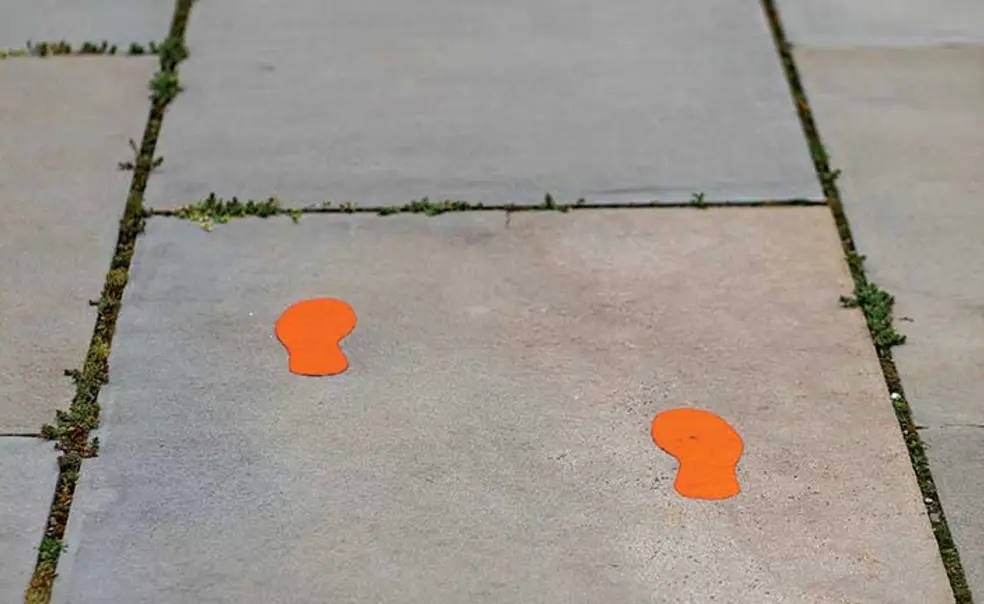Students Weigh Options As Princeton Plans For the Fall
One thing is certain: The fall semester will begin on schedule
What happens next? That was the question on the minds of many Princeton students as the tumultuous spring semester came to a close.
President Eisgruber ’83 wrote candidly about the unknowns in a May 4 email to the University community. “To plan successfully in the face of so much uncertainty, we will have to be steadfastly faithful to Princeton’s teaching and research mission; firmly committed to protecting the health and safety of our community; and ready to respond to new information as it becomes available,” Eisgruber wrote.
He noted the complexity of issues facing the University in the summer and fall as a result of COVID-19. These included what to do about the roughly 380 undergraduates who were granted permission to stay on campus in March for various reasons, including those facing financial and housing insecurity, as well as what will happen with the fall semester. The latter is likely the largest looming question, and the subject of national debate.
An April 23 email from Dean of the College Jill Dolan and Vice President for Campus Life Rochelle Calhoun spelled out the details for those in need of emergency summer shelter. To be eligible for summer housing, students had to be receiving financial aid from the University and had to be enrolled. Eighty undergraduates were approved. The summer shelter was available from May 23 to August 22 and cost most students $1,500 for housing and $800 for meals. The email noted that students could work with the financial aid office to apply for loans if needed.
Several universities announced their plans for the fall semester in May, with some opting to continue virtual learning in the fall and others deciding to hold classes in person but alter their schedules to end the semester by Thanksgiving to limit the potential spread of COVID from students traveling between campus and their homes. Princeton said it would decide in early July whether and how to open the campus.
Making that decision boils down to four key priorities, Provost Debbie Prentice noted in an email. These include “ensuring the health and well-being of our students, faculty, and staff; restoring our teaching and research activities to normal operations, safely but as soon as possible; sustaining our commitments to access and affordability; and retaining and supporting our talented workforce,” she wrote. A committee was formed to weigh all the options, including public-health guidance and the availability of testing — both of which will help inform the University’s next steps.
One thing is certain: The fall semester will begin on schedule whether in-person or online, according to Eisgruber’s May email. Faculty members have been asked to prepare their courses as if the semester will be virtual. For the incoming Class of 2024, small-group orientation experiences such as Outdoor Action and Community Action will be virtual.
Dean for Research Pablo Debenedetti and Graduate School Dean Sarah-Jane Leslie *07 noted in email messages that the decision to resume on-campus research and graduate study would be made separately from the undergraduate plans. On June 2, Debenedetti shared details for a phased resumption of research, asking researchers to develop plans for social distancing and other health practices in the labs. Graduate programs are expected to restart by fall.
While the University is in the process of deciding, undergraduate students are also weighing their options. In a survey administered by the Undergraduate Student Government, 63.4 percent — 1,308 students — reported they would “seriously consider” taking a leave of absence or gap year if the semester is virtual. “Overall, students reported that their learning experience was significantly impacted in a negative way this semester, and strongly expressed their desire to return to on-campus activities in the fall,” the USG’s survey summary said.
The question of taking a gap year also came up during the Council of the Princeton University Community (CPUC) meeting in May. Dolan cautioned those considering the idea that the University could not guarantee students would be able to return in one year. University spokesman Michael Hotchkiss elaborated on the University’s policy in a statement to PAW: “Should an unusual number of students take a leave due to the COVID-19 crisis, we may experience housing and enrollment constraints in subsequent semesters (and years) which could impact the timing of your return to Princeton. To be clear, you may not be able to be reinstated in your preferred semester, and you may have to wait longer than you would have hoped.” He noted that the same applies to incoming students who defer their acceptance at the University. Requests to defer were due in mid-July.
While it is appealing for some students to wait for COVID-19 to pass before resuming studies, for others, the talk of taking a break is a nonstarter, said Anna Macknick ’21. “I think something that’s left out of that conversation is the fact that privilege really does factor into whether or not you can make that choice,” Macknick said. “I basically can’t even consider it because my health insurance is contingent on me being a student. If I took a gap year I wouldn’t have funding for food or housing or health insurance.”












No responses yet